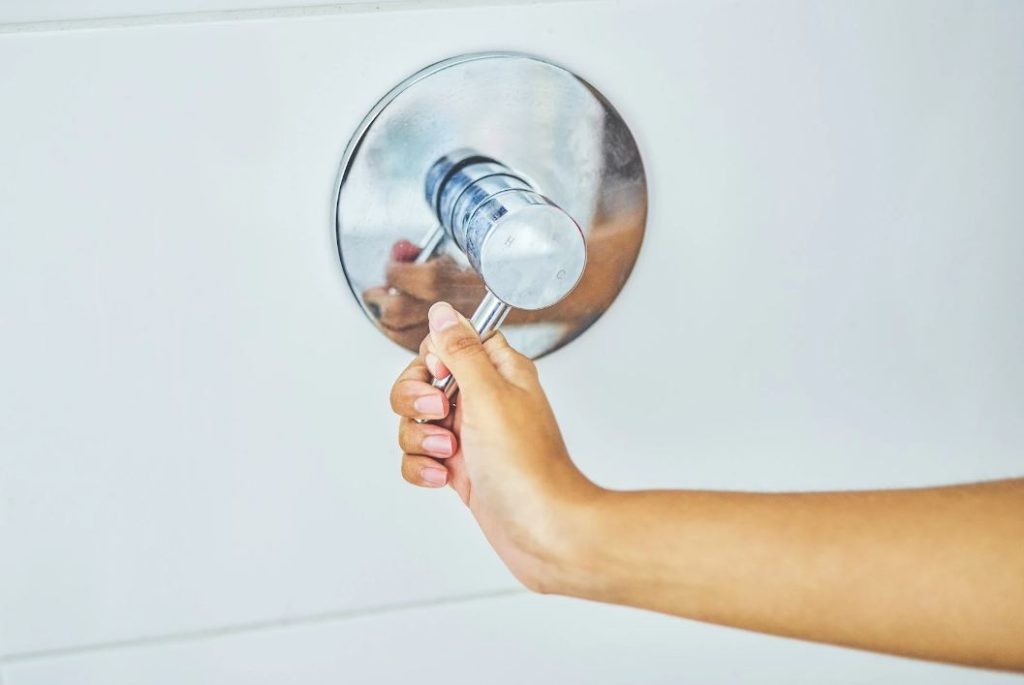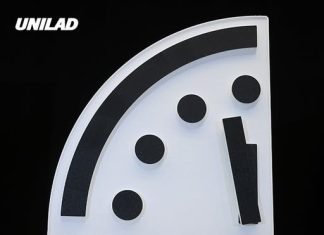Ashley Hainsworth, a bed-furnishings specialist advises against cold or even lukewarm showers before bedtime on hot nights. The reason is – a cold shower might momentarily refresh, but it could keep your mind and body more active when you’re trying to sleep .
The Case for Lukewarm or Warm Showers
Instead of shocking your system, Hainsworth recommends a warm—or lukewarm—shower or bath. Why? Because warm water helps trigger your body’s natural cooling cycle. It dilates blood vessels in your limbs (hands and feet), allowing heat to dissipate from your core. By the time you towel off and hit the sheets, your body temperature has dropped—signalling to your brain that it’s time to shut down for the night . This gentle temperature drop aligns with your circadian rhythm and encourages the release of melatonin, the hormone responsible for sleepiness. That post-shower dip in temperature helps you relax and fall asleep more easily than a jarring cold shock ever could.

Additional Cooling Sleep Hacks
Hainsworth shares several more underrated tactics for staying cool and sleep-ready:
Wear chilled socks
Believe it or not, wearing socks with cooled vessels—warming your extremities—helps draw heat away from your core. She recommends placing socks in the fridge a few hours before bed for a surprising cooldown trick
Use breathable nightwear
Loose-fitting clothing made from natural fabrics like cotton, linen, or bamboo is ideal. Synthetic materials trap heat and impede evaporation, exacerbating nighttime overheating
Chill your pillowcase
Place your pillowcase in a sealed freezer bag for about 30 minutes before bedtime. It’s a simple step that instantly cools your head and neck—key hotspots for thermoregulation
Stay hydrated
Drinking water throughout the day helps regulate core temperature and prevents dehydration—common causes of night sweats when the mercury climbs
Supporting Science & Broader Advice
Extensive research supports the notion that warm showers are sleepier-friendly. Studies have shown that showers at temperatures between 40 and 42.5 °C, taken about 1–2 hours before sleep, can reduce the time it takes to fall asleep and boost perceived sleep quality. Blogs like Peloton and Tom’s Guide echo the same findings. They note warm showers dilate blood vessels and prompt rapid cooling upon exit—mimicking natural evening physiological changes. Cold showers, on the other hand, tend to ramp up alertness by causing blood to retreat from extremities back to the core—hindering that crucial cooling drop.
Putting It All Together
To optimize sleep on a hot night:
- Skip cold showers—they reinvigorate, not relax.
- Take a warm (not scorching) shower or bath roughly 60–90 minutes before bed.
- Slip into chilled socks and light, breathable pajamas.
- Chill your pillowcase while winding down elsewhere.
- Stay well-hydrated throughout the day.
These simple steps align with your natural sleep physiology and can significantly improve comfort and rest during sweltering nights.

Final Thoughts
Avoid the instinct to douse yourself in icy water before lights-out. Instead, embrace the power of a warm rinse and these clever cooldown hacks. They won’t just revive your sense of comfort—they’ll help you enter a more relaxed, sleep-ready state. Sleep isn’t just about shutting your eyes—it’s about guiding your body into the perfect environment for rest.

















